This medical music does not serve the purpose of being recognized
by alleged music experts – its medical value can only be assessed
through scientific measurements.
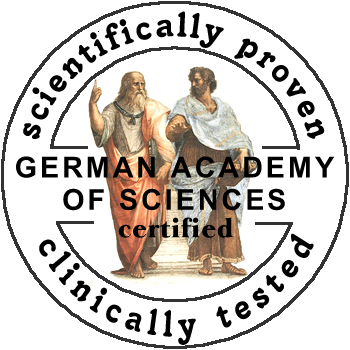
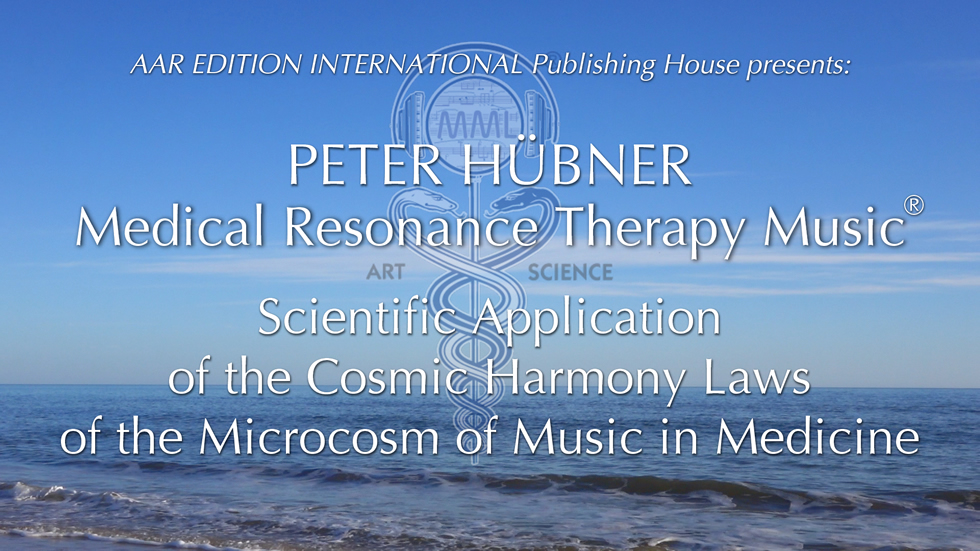
Listen to a music sample
Detailed Information on Medical Resonance Therapy Music®

|
Recognition and registration of Medical Resonance Therapy Music® by the classical composer Peter Hübner as scientific Music Therapy for the Health Service of the Republic of Belarus |
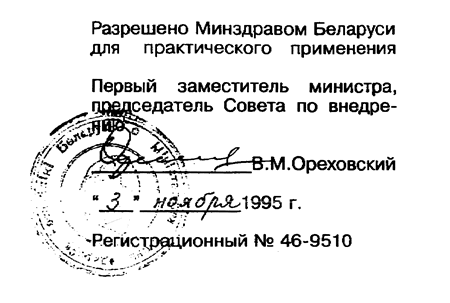 W. M. Orachowskij
W. M. Orachowskij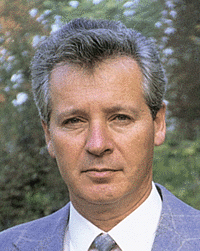 Prof. Dr. med. Alexander Reznikov
Prof. Dr. med. Alexander Reznikov
Member of the Academy of Science of the Ukraine as well as of the Academy of Science of New York is one of the leading hormone researchers of the former Soviet-Union.
Since two decades he is the head of the laboratory for neurohormonal control of reproduction at the famous research Institute for neuroendocrinology in Kiew. This Institute is also research partner of the World Health Organisation (WHO).
Professor Dr. Reznikov is author of several scientific books and a successful developer of drugs against cancer which yielded many high scientific awards and gave him an international reputation.
He is also a visiting professor at the University of Dallas in the United States and the University of Toronto in Canada.
“A new kind of medical drug,
a mathematical, digital pharmaceutical
with a powerful effect of
harmonizing physiological processes.”
“The interesting thing with Peter Hübner’s Medical Resonance Therapy Music was that the results did not depend on the taste of the investigated persons. Even if they did not like the music the testable reactions of the body were nevertheless positive. A fact which confirms that this music reinforces the natural health improving processes in man by the way of resonance.”
Prof. Dr. med. Alexander Reznikov

International Conference ‘Society, Stress & Health’ 2000
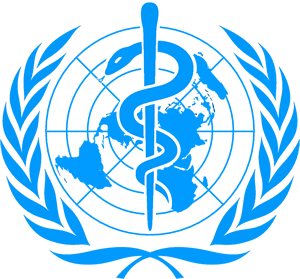
as acknowledged at the
International Conference
‘Society, Stress & Health’ 2000
WHO - World Health Organization
Because of the great medical importance of the research results, the researchers were awarded a prize by the World Health Organization (WHO).
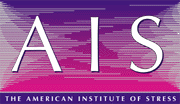
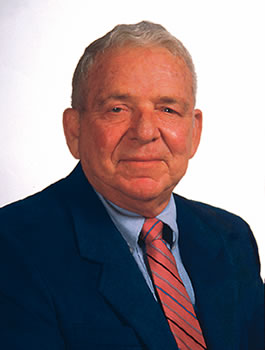
AMERICAN INSTITUTE OF STRESS President
Clinical Professor of Medicine and Psychiatry, New York Medical College, Adjunct Clinical Professor of Medicine in Psychiatry, University of Maryland, School of Medicine, Leading stress expert of our time and official successor of Prof. Dr. Hans Selye – the founder of the stress research (who also shaped the term “STRESS” – today used all over the world)
Prof. Dr. med. Paul J. Rosch
writes to Peter Huebner’s publishing house Aar Edition:
“The international audience was most impressed with the paper on Medical Resonance Therapy Music® presented in Moscow two weeks ago, at the World Health Organization (WHO) conference ‘Society, Stress and Health’.
I have also reviewed the scientific research on the benefits provided by this approach in a variety of medical disorders including:
These are established improvements in a very wide range of diseases.
You inquired as to my opinion about the possible advantages in using Medical Resonance Therapy Music® for problems related to job stress. I think it is obvious that it would be advantageous to have workers with less headaches, sleep problems, and other stress related disorders that have improved with this approach and the best way to find it out is to try it.
Stress is also a major cause of automobile and traffic accidents, and we will be devoting an entire day to this subject at our Eighth International Montreux Congress on Stress in Switzerland, February, 18-24, 1996. Increased job stress has been clearly correlated with a higher incidence of heart attacks and hypertension in very scientific studies.
Job stress has been estimated to cost American industry in excess of $300 billion annually, as assessed by reduced productivity, increased absenteeism, and escalating medical insurance and workers’ compensation payments. Put into perspective, that’s more than 10 times the cost of all strikes combined, or the total net profits of all the Fortune 500 companies. That is why stress-management training has steadily become the leading priority for Employee Assistance Programs.
A top objective of the Public Health Service’s Year 2000 National Health Objectives report is that at least 40 percent of work sites employing more than 50 persons should be providing stress management programs for workers.
However, stress reduction programs must be carefully tailored to the specific needs and demographics of the group being served. When properly designed and implemented they can lead to significantly reduced illness and absenteeism while increasing productivity and bottom-line profits. They also improve the health of both workers and employers, by fostering a spirit of mutual respect and cooperation that motivates the achievement of common goals, and markedly enriches the quality of life in the workplace. I have lectured and written a great deal about the adverse health effects of occupational stress, and how to design an effective stress reduction program over the past 15 years, both here and abroad. If any of the corporations you are in contact with in Japan or Germany are interested in stress in the workplace, I would be pleased to discuss any aspect of this with them.
There is increasing evidence to support the notion that Medical Resonance Therapy Music® might be useful for stress reduction in occupational settings, just as it has provided benefits in various medical situations. I will be lecturing in October, about very recent developments in the field of subtle energy medicine at a symposium organized by the Institute of Theoretical Physics and Advanced Studies for Biophysical Research, in Florida.
Some of these new findings suggest mechanisms of action which could help explain the wide variety of rewards attributed to the Medical Resonance Therapy Music®. As I indicated when we last met, these effects may be achieved through previously unsuspected communication pathways, and this will likely be a subject of discussion at this meeting. I first became interested in this as a result of my research on relationships between stress and cancer, and B. Nordenstroem’s demonstration of an electrical circulatory system (BCEC – Biologically Closed Electric Circuits).
Bjoern is a good friend and has served as the Chairman of the Selection Committee for the Nobel Prize in Physiology and Medicine, and as the Chairman of the Faculty of Radiology at Karolinska Institute in Stockholm. His research has demonstrated that electromagnetic energy is a basic and dominating factor for the organization of structure and function in biochemical and physiologic processes.
Therefore, in order to fully comprehend biology, a comprehensive understanding of the role of biologically closed electrical circuits for energy transfer and communication within the organism is imperative. Here physics comes into the picture insofar as we must also understand BCEC systems as they function on metric to molecular and even atomic levels.
Perhaps Peter Huebner and some of his colleagues in the Micro Music Laboratories® might want to attend or even participate in this Florida conference, since developments there might suggest a modus operandi for the Medical Resonance Therapy Music®.”
Paul J. Rosch, M.D.
F.A.C.P. President